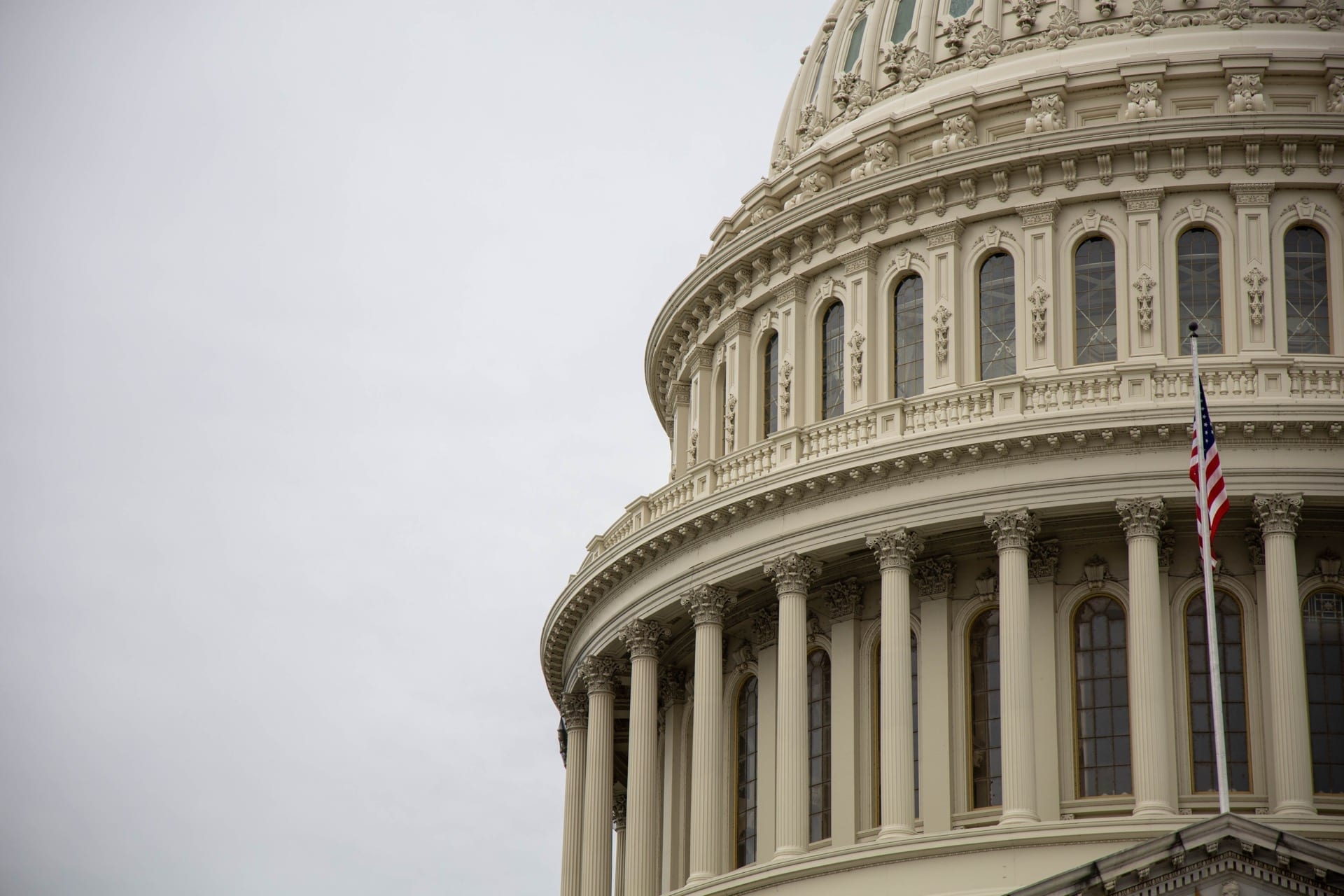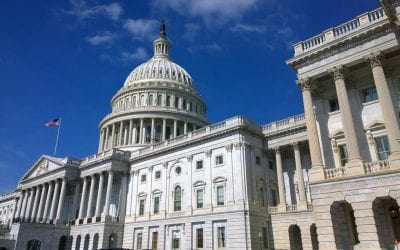As the 4-year anniversary of the invasion of Iraq approaches, we find the war in Iraq dominating a political environment that has really solidified since the historic elections of 2006. This environment is characterized by a deeply pessimistic mood driven by Iraq, as well as concerns about health care and immigration. Another month of polls brings another record low approval mark for Bush. Majorities of Americans disapprove of Bush’s performance and favor Democrats in Congress over Bush on every issue tested in every poll. And broad opposition to his escalation in Iraq remains as fewer Americans see any hope for a true ‘victory’ in Iraq and concern about a renewed Taliban presence in Afghanistan increases the commitment to that conflict.
In the aftermath of the historic election results of 2006, the country’s political environment has settled into a surprisingly stable position, the broad contours of which are familiar to most political observers:
- Americans remain deeply pessimistic about the direction of our country. Ratings of the country’s direction have not changed significantly since May of last year, and less than 30 percent of Americans feel the country is headed in the right direction.
- The war in Iraq is unquestionably the dominant issue driving the country’s sharply negative mood. In an open-ended question in the Hotline poll on the most important issue facing the country today, 38 percent volunteered the war in Iraq; no other issue scored higher than 8 percent.
- Despite significant upheaval in the stock market, consumer confidence and ratings of the country’s economy are holding strong, with the ABC News/Washington Post Consumer Comfort Index reaching a new high for the year this week at +2; it has remained well above its 20-year average of -10 since October.
- Despite ratings that have already established record lows for a second-term president at this stage of his administration, President Bush’s job approval continues to trend slowly downward and stops just short of a new low this month (34 percent approve, 61 percent disapprove).
- Americans continue to disapprove of the job being done by Congress, while at the same time offering positive reviews of new Speaker Nancy Pelosi and maintaining the post-election gap between ratings of the Democratic Party (48 percent favorable, 41 percent unfavorable) and the Republican Party (34 percent favorable, 54 percent unfavorable)
Neither good news (the early success of the Democrats’ 100-hour agenda) nor bad (stock market, continuing violence in Iraq, resurgence of Taliban in Afghanistan) has altered this basic framework over the last few months. And while Iraq is clearly the number one priority in this environment, new surveys this month reveal continuing frustration on a range of domestic issues, particularly health care and immigration. More than anything else, these surveys expose a desperate desire for Washington to step to the plate, move beyond partisan rancor and non-binding resolutions, and start delivering real solutions to the myriad challenges facing the country today.
From Bad to Worse for Bush
It is virtually impossible to find good news for President Bush in the range of new polls released over the last few weeks. Another month brings another new record low on Bush’s job approval, with 62 percent of Americans — including more than 60 percent of Independents and 20 percent of Republicans — now disapproving of his performance.
Majorities disapprove of Bush’s handling of every issue in every poll, with ratings of his performance on Iraq now as low or lower than on domestic issues such as the economy and even health care. Furthermore, in the only recent poll measuring Bush versus Democrats in Congress (a late February ABC/Washington Post survey), majorities favor the Democrats on every issue tested — by 13 points in the war on terrorism, 20 points on the economy and Iraq, 27 points on the federal budget, and 37 points on health care.
The costs of these deep-seated doubts about Bush — rooted in his failures and untruths at every level of the Iraq situation — are evident across the political landscape, but particularly in the international arena. As the tenuous situation with Iran and its nuclear efforts escalates, 63 percent of Americans say they “cannot trust the Bush administration to honestly and accurately report intelligence about possible threats from other countries.” This is a stunning rebuke of an administration that, just a few years ago, boasted record levels of public support based on the twin pillars of integrity and strong leadership on security and foreign affairs. And so, even as 37 percent of Americans say Iran represents an immediate threat requiring military action and another 49 percent view Iran as an immediate threat that can still be contained with effective diplomacy, 58 percent offer a vote of no confidence in the Bush administration’s ability to handle the current tensions with Tehran.
Overwhelming Majorities Oppose Bush Plan for Iraq
The broad opposition to President Bush’s ‘surge’ proposal initially found in surveys immediately after his announcement has not weakened as he begins to implement his plan in the face of public and congressional disapproval. In the late February ABC/Post poll, less than 1-in-3 Americans expressed support for Bush’s plan while 67 percent opposed it, including 56 percent who strongly opposed the proposal. There is no doubt that Americans remain anxious about the potential consequences of American withdrawal from Iraq and are obviously opposed to any reduction in funding that would negatively impact the troops on the ground there. But their tolerance for throwing good money after bad, not to mention more young Americans’ lives, is spent. By a margin of nearly 2-to-1 in the ABC/Post poll, Americans now say the war in Iraq was not worth fighting (64 to 34 percent), and a plurality in the most recent Zogby release believe a dramatic increase in military force would actually hurt rather than help our effort to win in Iraq (46 to 43 percent).
President Bush’s continued emphasis on an undefined ‘victory’ in Iraq shows how out of touch he is with the current American mood, as a majority in the same Zogby poll say victory is ‘unlikely’ at this stage. The Gallup/USA Today poll explores this question from a different angle and finds that only 28 percent view ‘victory’ as a likelihood at this stage, while another 20 percent believe we still could win but ultimately won’t and nearly half (46 percent) simply don’t believe the U.S. can ultimately “win the war in Iraq.”
It is important to note that the overwhelmingly negative tone on Iraq is not simply the byproduct of a war-weary nation. As cited earlier, the ABC/Post poll found that 64 percent of Americans believe the war in Iraq was not worth fighting, compared to 34 percent who still believe it has been worth the cost. Yet the same poll also showed that a solid majority of Americans still believe the war in Afghanistan was worth the cost (56 to 41 percent). It is clear from these data that the negative attitudes on Iraq that are dominating the current political environment are directly connected to the Bush administration’s failed leadership and deception on Iraq rather than a simple desire to bring the troops home.




